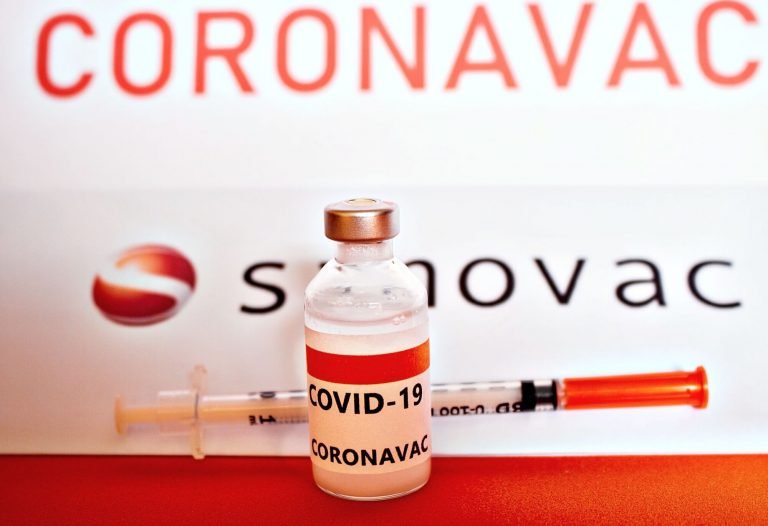RIO DE JANEIRO, BRAZIL – Chilean health authorities on Monday approved the use of Sinovac’s vaccine Coronavac for children six years of age and older. This decision was made after analyzing the results of phase I and II clinical trials conducted in China.
The decision was made after the National Supply Center (Cenabast) submitted a request to the Institute of Public Health (ISP) to settle the matter on Thursday, August 26.
Read also: Check out our coverage on Chile
Five experts recommended the ISP emergency vaccination for children over six years old. Two requested that it be from age 12, and one member requested more background information before a decision could be made.

“For this reason, the Institute of Public Health will issue a resolution extending the age of the vaccine to 6 years (…) So the Coronavac vaccine is approved from 6 years old,” said ISP director Heriberto García.
The decision of the experts and the ISP was based on the part of the analysis of phase I and phase II studies conducted in China in 600 children. The decision aims to “better protect our children” because “children are increasing the number of those who are not vaccinated.”
“Somehow, the data show that children are increasing the number of those who are infected, those who are not vaccinated. In this age group, there are children with transplants who need the vaccine because they are immunosuppressed due to the use of corticosteroids and other medications for their transplant,” García said.
On the need to expand the vaccine to more children, García said that “it’s essential to expand that age group,” especially because of students returning to school. There are also very weighty public health reasons laid out in the assessment today that have to do with the calm, safe and confident return to school and the protection of teachers because children are actually carriers of the virus.
Initially, it was envisaged that this emergency vaccination would be given children age 3 or older. However, since its use has not proven effective in children between 3 and 5 years of age, it was decided to begin vaccination at age 6.
Despite this approval, the Chilean Ministry of Health (Minsal) has yet to make a final decision, which could happen in the next few hours.
The Secretary of State for Health, Paula Daza, said she hopes to begin vaccinating children aged 6 to 12 this September, to be done directly in schools.
The decision to expand the age range for vaccinating children and adolescents comes as no surprise. In August, the Chilean Ministry of Health (Minsal) had already announced that vaccination of children between 3 and 11 would take place “in September or October.”
On August 6, Health Minister Enrique Paris stated, “We expect that if the studies progress quickly or we have good results quickly, we could start with children between 3 and 11 years of age in September or October of this year.”
This was assured because research in Brazil showed positive results with the Coronavac vaccine for minors. “We know that the Butantan study in Brazil has already presented results. As for laboratories, three are conducting studies in children: Moderna, Pfizer, and Sinovac,” Paris said in early August.
The approval of the Coronavac vaccine for vaccination of children 12 years of age and older is a breakthrough, as only Pfizer-BioNTech’s vaccine is used for these individuals in Chile. For this reason, Dr. Gema Pérez highlighted the safety of the Coronavac vaccine in this new vaccination phase.
“(Coronavac is) a very safe and effective vaccine, the closest to current vaccines, because it is an inactivated virus that is easily recognized by the immune system and causes an immune response against this pathogen,” Pérez said.

